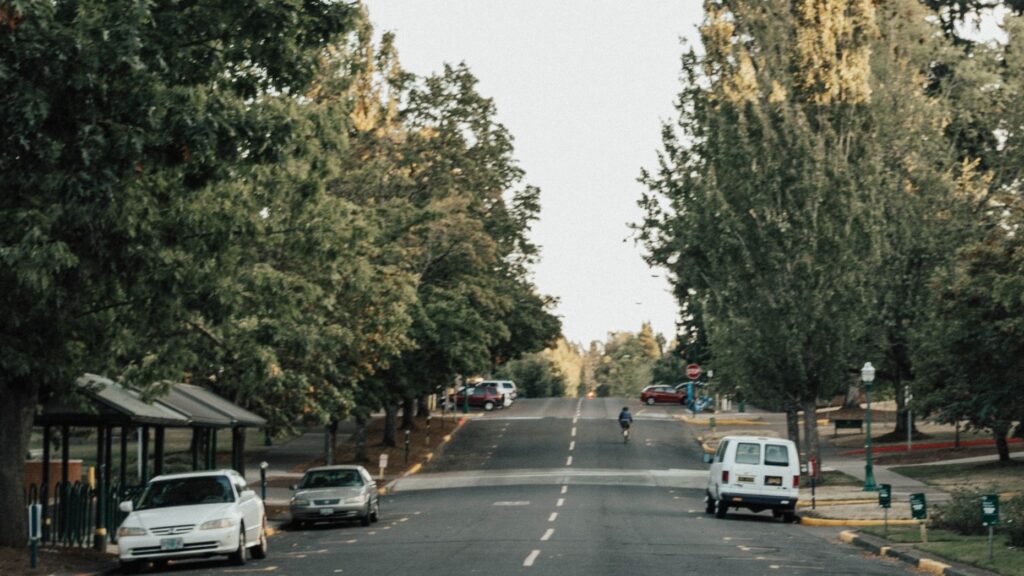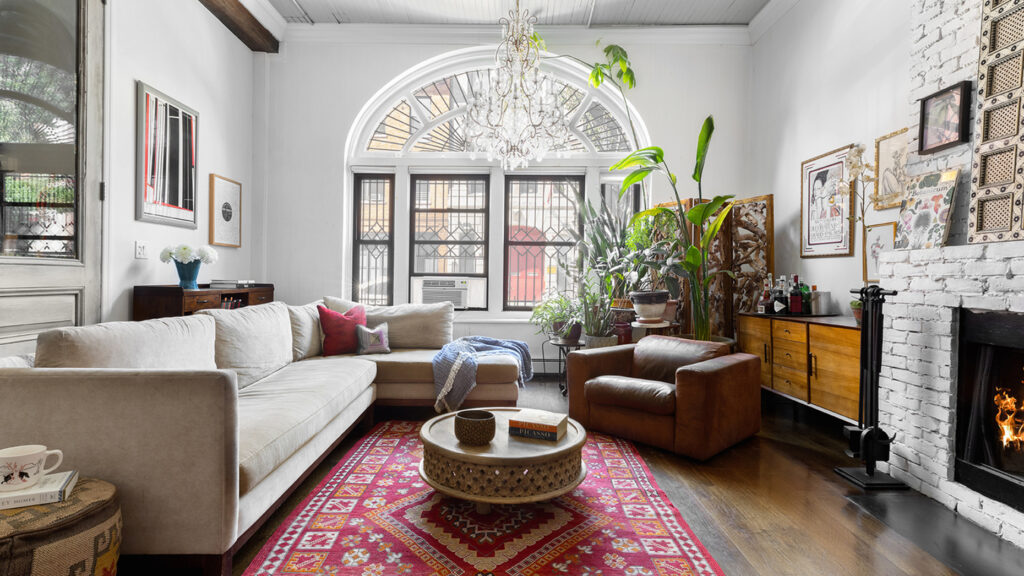As would-be homebuyers opted out of the for-sale market due to harsh market conditions in 2021, renters turned to alternative markets with space and access to nature, a recent year-end study from RentCafe found.
Surging home prices, climbing mortgage rates and competitive homebuyers helped drive the rental market in 2021 and made renting a lot more challenging than in recent years.
As would-be homebuyers opted out of the for-sale market due to these harsh market conditions, renters began to turn to alternative markets with space and access to nature, a recent year-end study from RentCafe found.
“2021 was a highly competitive year for renters in many areas as they faced a perfect storm: high demand, low apartment availability and applicants with top-notch credit scores,” an email from RentCafe to Inman stated. “Unprepared for this year’s soaring interest in apartments, small, outdoor-friendly markets became even hotter than popular renter hubs.”
For this study, RentCafe analyzed data from the 105 largest U.S. markets on number of days rentals were left vacant, occupancy levels, number of renters competing for available apartments and the average credit score of rental applicants.
Eugene, Oregon; San Diego, California; and Knoxville, Tennessee, emerged as the most competitive markets for renters in 2021. These markets saw occupancy rates of about 97 percent and an average of 30 applicants with strong credit scores duking it out for units that were rented out within an average of two to three weeks.
Comparatively, rentals were left vacant at the national level for an average of 28 days during 2021. Meanwhile, the national occupancy rate was 95.4 percent, and the average American renter was competing with just 14 other prospective renters (which is still pretty competitive).
The average credit score of U.S. renters also ticked up this year to 640 from 638 in 2020 as more would-be millennial homebuyers opted to rent instead of deal with the for-sale market’s prices and competition.
But in the year’s most competitive rental markets, credit scores were significantly higher than the national average — in Eugene, the average credit score was 670, in San Diego, it was 671, and in Knoxville, it was 645.
In 2021, Eugene, Oregon, became “the poster child for the majestic beauty of the Pacific Northwest,” RentCafe’s report noted. “This metro, which includes Bend, boasts a different kind of cool compared to its hip sibling, Portland, which ranked much lower on our list. With the exception of a dip at the onset of the pandemic, Eugene has been consistently attracting new residents in search of a relaxed lifestyle, continental climate and near-immediate access to breathtaking natural locations.”
Due to its burgeoning tech scene, the metro area has also become known as “Silicon Shire” in recent years.
Counter to the widespread narrative about the great California exodus over the last two years, a recent University of California study found that California residents instead relocated to more affordable metros within the state, and RentCafe’s top rental markets from 2021 confirm those findings.
Eight of the top 50 rental markets of the year were located in California, including San Diego, Central Coast, Sacramento, Orange County, Eastern Los Angeles County and Inland Empire, which all fell within the top 20 hottest rental markets.
Another major renter trend to emerge from 2021 was the movement of big-city Northeastern renters opting for smaller markets in the region. Places like Providence, Rhode Island (97.4 percent occupancy rate); Long Island, New York (96.7 percent occupancy rate); Central New Jersey (96.5 percent occupancy rate); and Lehigh Valley, Pennsylvania (97.5 percent occupancy rate) became desirable rental market alternatives to more crowded and pricier markets in the area.
As many as 34 renters competed for an apartment in Lehigh Valley in 2021, as they opted for space and access to nature rather than lockdowns and crowds in larger cities in New York and New Jersey.



 Are You Interested in West Eleventh Residences Miami?
Are You Interested in West Eleventh Residences Miami? Are You Interested in ONE Park Tower by Turnberry?
Are You Interested in ONE Park Tower by Turnberry? Are You Interested in Diesel Wynwood Condominium?
Are You Interested in Diesel Wynwood Condominium? Are You Interested in Five Park Miami Beach?
Are You Interested in Five Park Miami Beach? Are You Interested in Cipriani Residences Miami?
Are You Interested in Cipriani Residences Miami? Are You Interested in Bentley Residences Miami?
Are You Interested in Bentley Residences Miami? Are You Interested in Baccarat Residences Brickell?
Are You Interested in Baccarat Residences Brickell? Are You Interested in Aria Reserve Miami?
Are You Interested in Aria Reserve Miami? Are You Interested in 888 Brickell Dolce & Gabbana | Miami?
Are You Interested in 888 Brickell Dolce & Gabbana | Miami? Are You Interested in 600 Miami WorldCenter?
Are You Interested in 600 Miami WorldCenter? Are You Interested in HUB MIAMI RESIDENCES?
Are You Interested in HUB MIAMI RESIDENCES? Are You Interested in WALDORF ASTORIA RESIDENCES?
Are You Interested in WALDORF ASTORIA RESIDENCES?